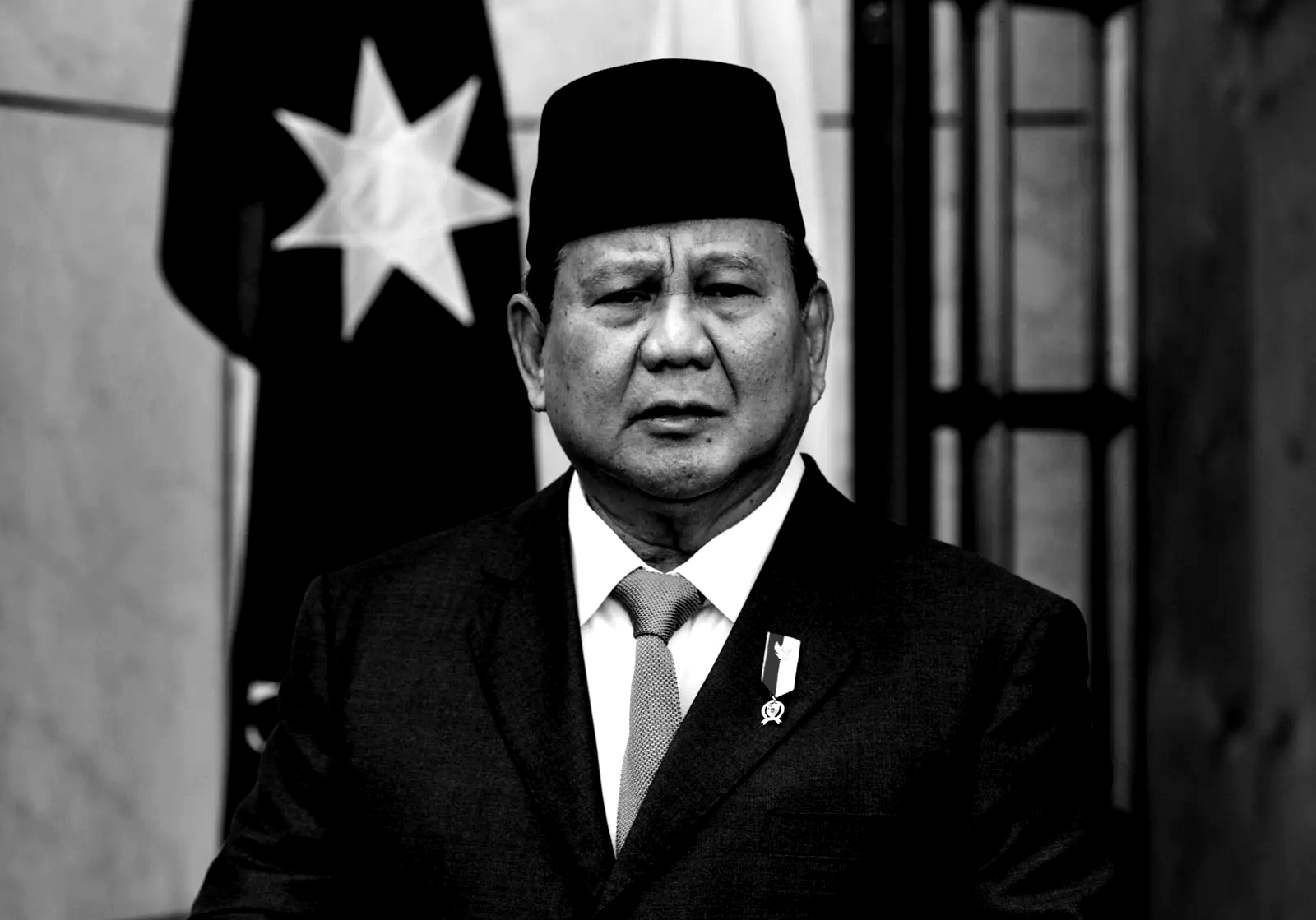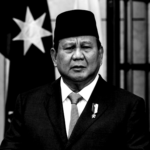Indonesia and the rest of the Association of Southeast Asian Nations (ASEAN) have attempted to play all sides in the geopolitical tug-of-war that has consumed much of the world – but how long can they continue to fence-sit?
JAKARTA, Jan 12 (RTSG) – Indonesia was officially admitted as the 11th member of the BRICS economic alliance this week in a move that has sent ripples through the diplomatic world. Brazil, this year’s president of the bloc went on record to state that “Indonesia shares with the other members of the group support for the reform of global governance institutions, and contributes positively to the deepening of cooperation in the Global South.” This means that Indonesia will begin to work more closely with other BRICS countries like Iran, Egypt, the United Arab Emirates, and most importantly, China.
Indonesia has long expressed its intention of joining the alliance, having been approved for membership back in 2023 but reluctant to join at first. Former President Joko Widodo chose not to pursue membership, saying that he wanted to “weigh up the pros and cons of such a move.”
However, during BRICS’ annual summit in Russia in October, Indonesia’s new Foreign Minister Sugiono said that the new Indonesian President, Prabowo Subianto, who was sworn into office just days earlier, decided that Indonesia would go forward with applying for official membership. The foreign minister continued, stating that “Indonesia joining BRICS embodies the country’s active and free foreign policy.” Sugiono clarified that, “It does not mean that we are joining a certain camp, but we actively participate in all forums. We see that BRICS priorities align with the Red and White Cabinet work programs. And that includes food and energy security, poverty eradication, as well as human capital development.”
Prabowo Subianto, who was elected President with 58.9% of the vote in 2024, is noted for his “hands-on” foreign policy, seeking active engagement with both sides of the geopolitical battlefield, emphasizing non-alignment with major power and putting national interests at the forefront of concerns. While Indonesia may have joined BRICS this year, they continue heavy ties with the West and their allies in the pacific, notably Japan, who they have even licensed to create warships for them. Military ties remain strong between the U.S. and Indonesia, but economic ties with China have created tension between Jakarta and Washington.
Regardless of the intention, Indonesia seeking ever-closer economic ties with China and its other allies is a strong signal against the incoming Trump administration, which has pledged to put America’s interests “first.” Likely, Trump will want to extract some sort of financial benefit for continued American-Indonesian military cooperation and naval protection, as he did with many other American allies in Asia during his first term. Japan has largely taken the leadership role of the successor to the Trans-Pacific Partnership, the economic free-trade zone that contains both ASEAN and Japan, as well as others.
So far, however, it seems that Prabowo Subianto is hedging his bets against the incoming Trump administration, preparing for any sort of demands that the U.S. might levy upon them. Until then, it remains to be seen how this will affect Jakarta and Washington’s relationship in the long-term.
Opinion piece by Seraph





